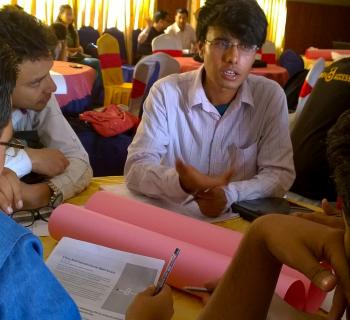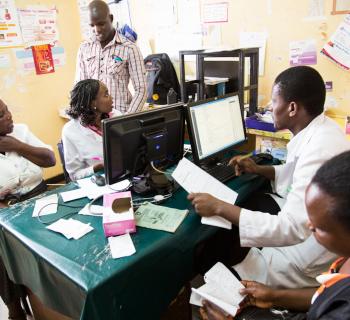
188 institutions in the EIFL network have adopted open access / open science policies. View the list.

Research is critical to improving development and solving global health, agriculture, environmental and other challenges. However, many peer-reviewed articles remain locked in subscription journals, inaccessible to researchers, policymakers, citizens and other societal actors. The COVID-19 pandemic has demonstrated the need for the rapid collection, sharing and dissemination of data and research findings to inform urgent public health responses.
Although growing numbers of funders, universities and research organizations, are introducing mandates that require publicly-funded research to be open access (OA), there continues to be a great need for advocacy that will lead to increased adoption of institutional and national OA policies and practices in developing countries. More and more policies include not only open access to research articles, but also open research data and open science (OS).
This is why the EIFL Open Access Programme (EIFL-OA) advocates nationally and internationally for the adoption of policies that include open access to publications and data, and open science - to ensure that research is made freely available for all.

To stay informed, contact EIFL Open Access Programme Manager, Iryna Kuchma: iryna.kuchma@eifl.net
EIFL’s support has been invaluable in drafting an OA policy at the University of Nairobi. This policy helped us to populate our OA digital repository with over 112,360 documents and it has opened up a wealth of knowledge from our researchers to the world.
188 institutions in the EIFL network have adopted open access / open science policies. View the list.
19 EIFL partner countries have introduced national open access / open science policies.